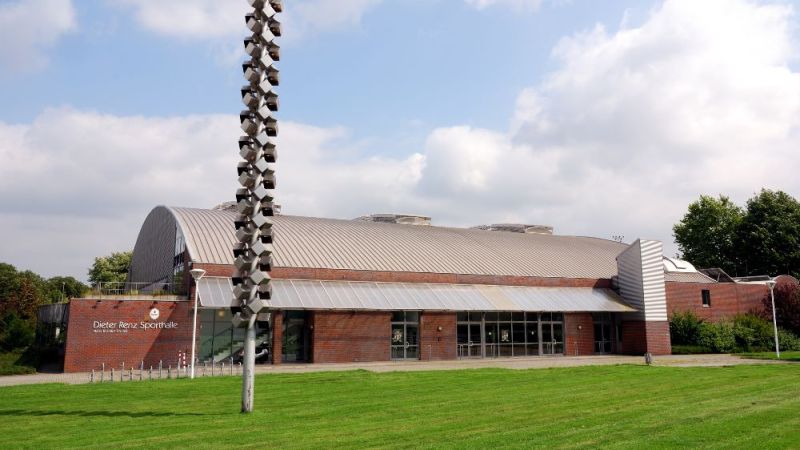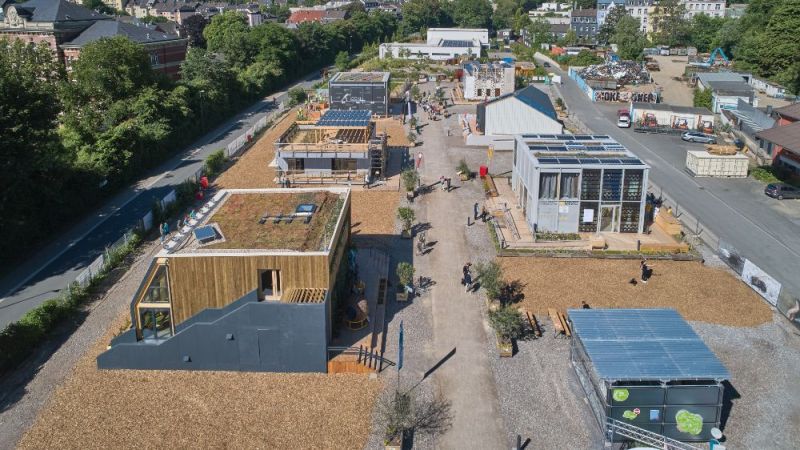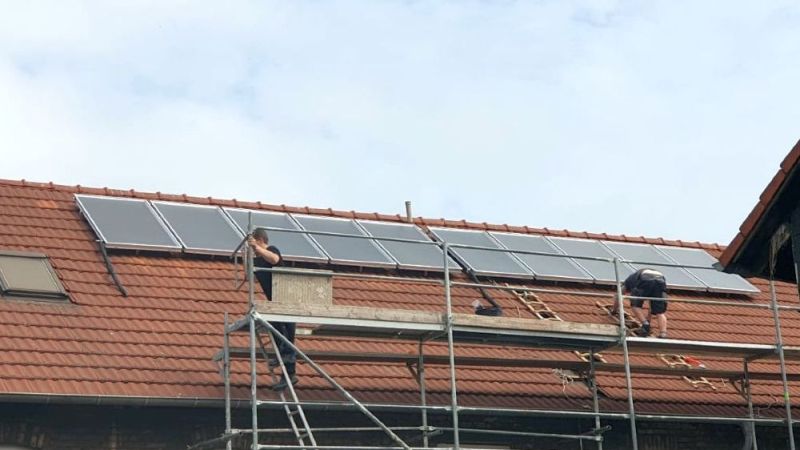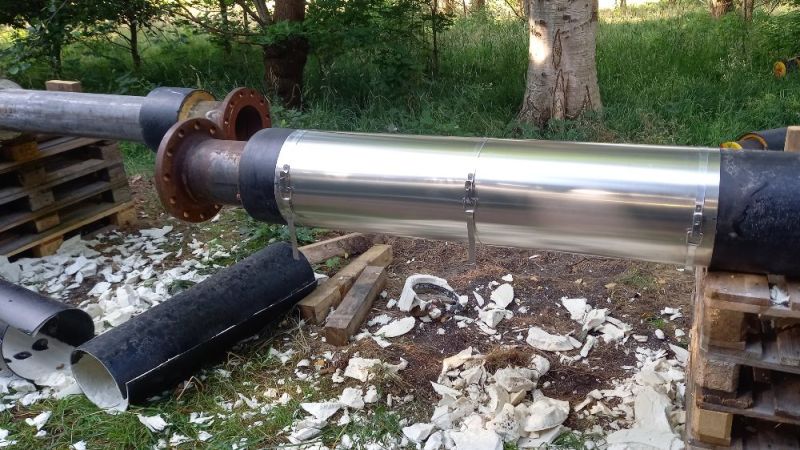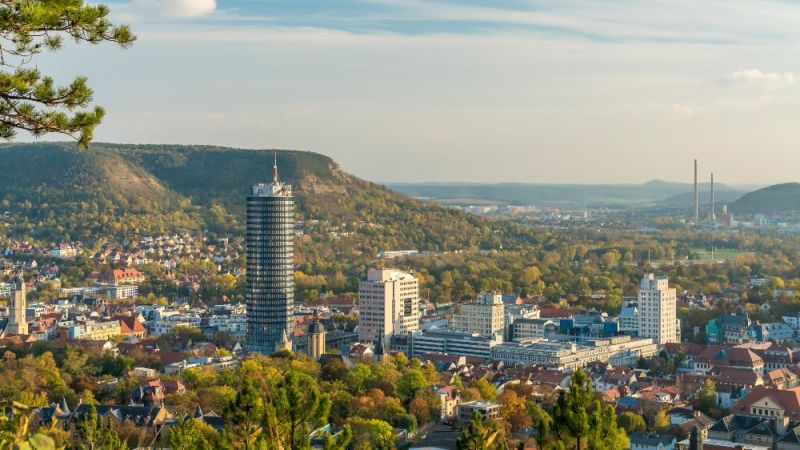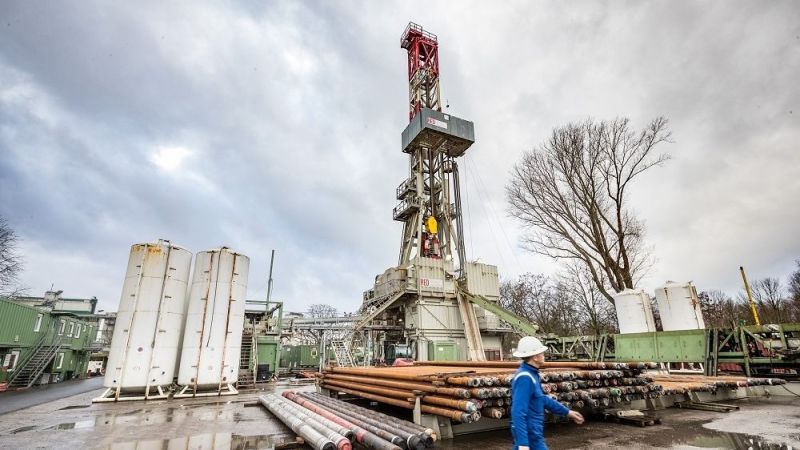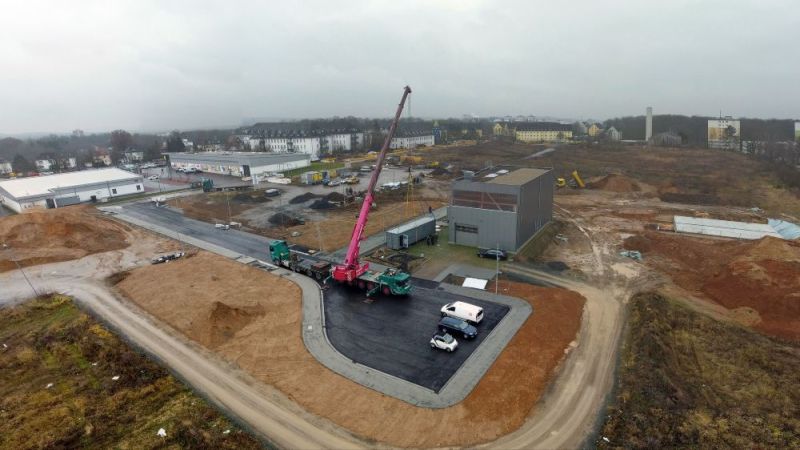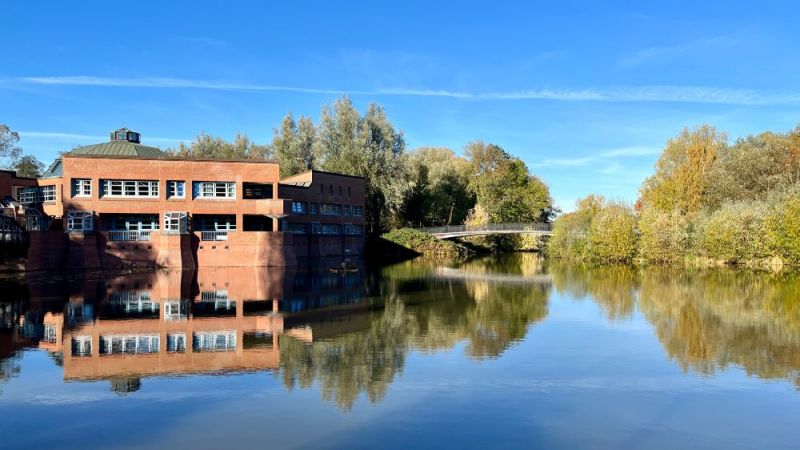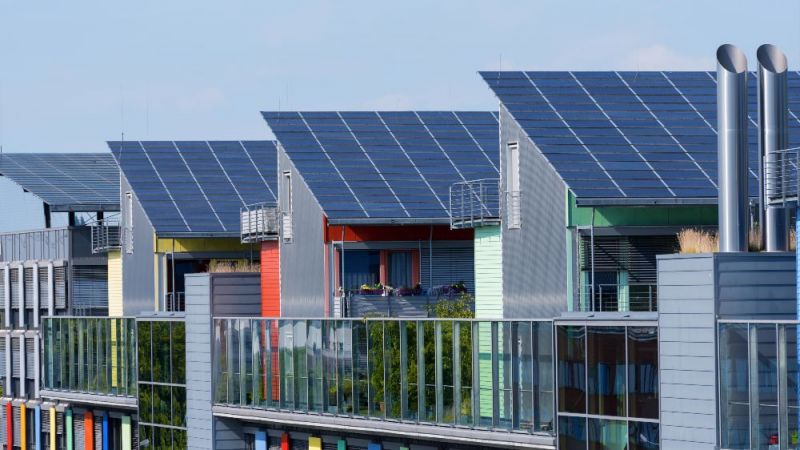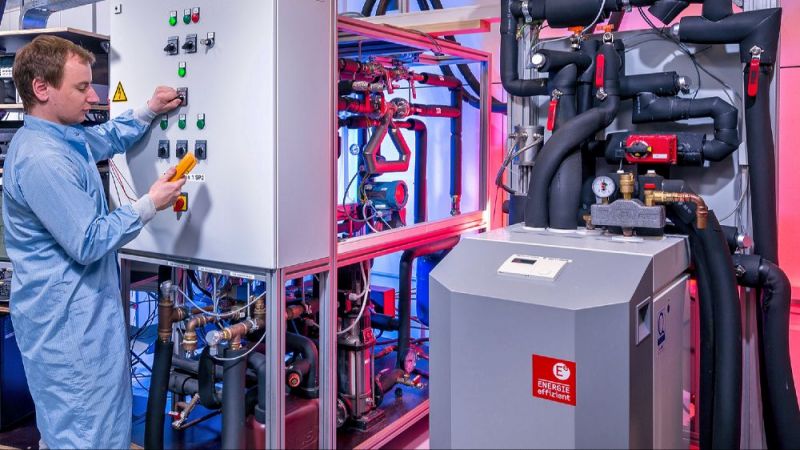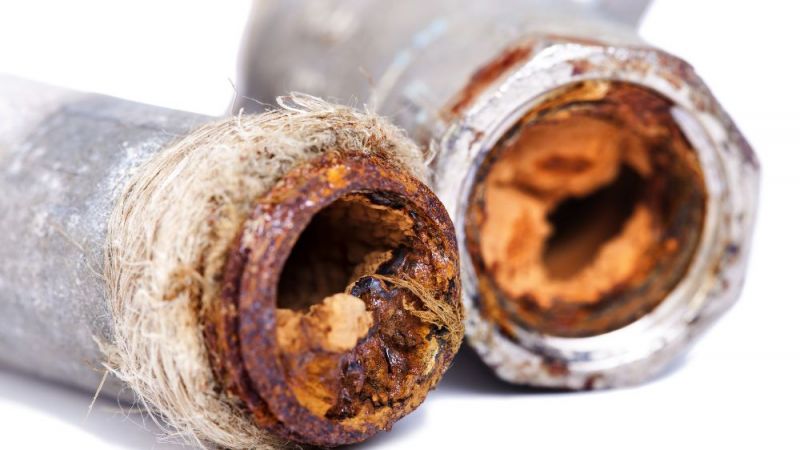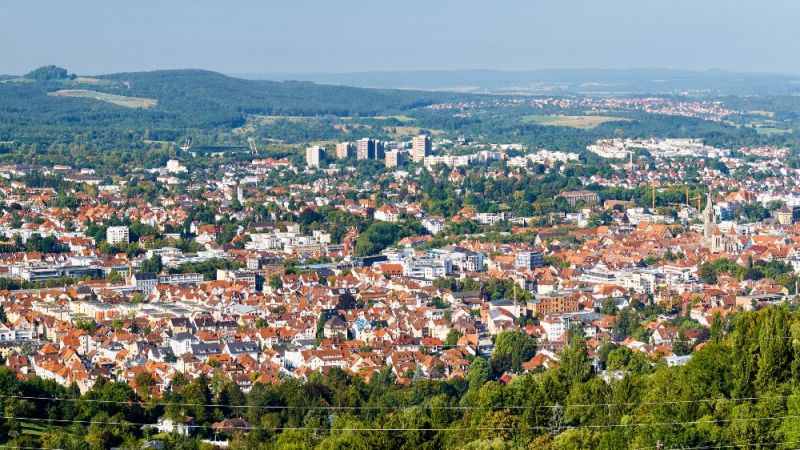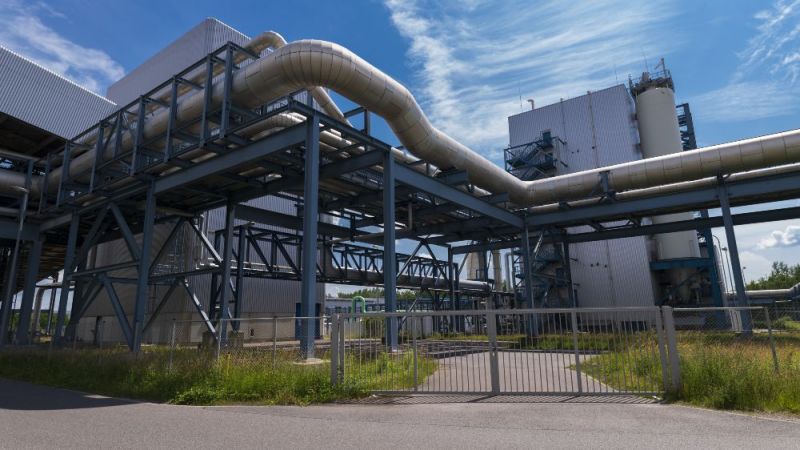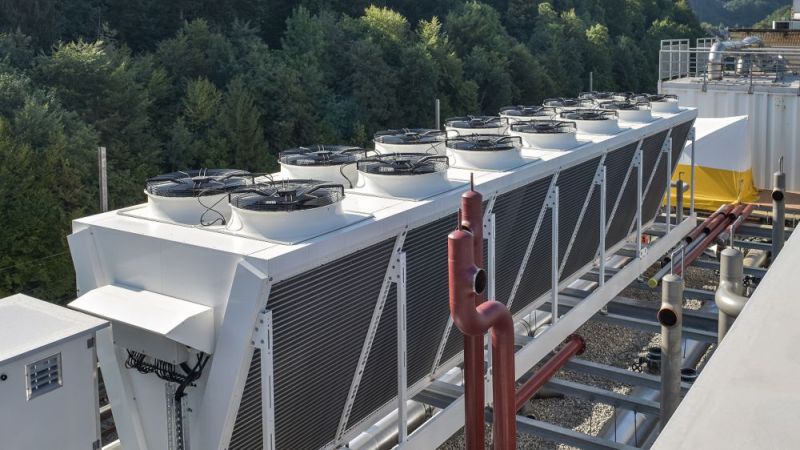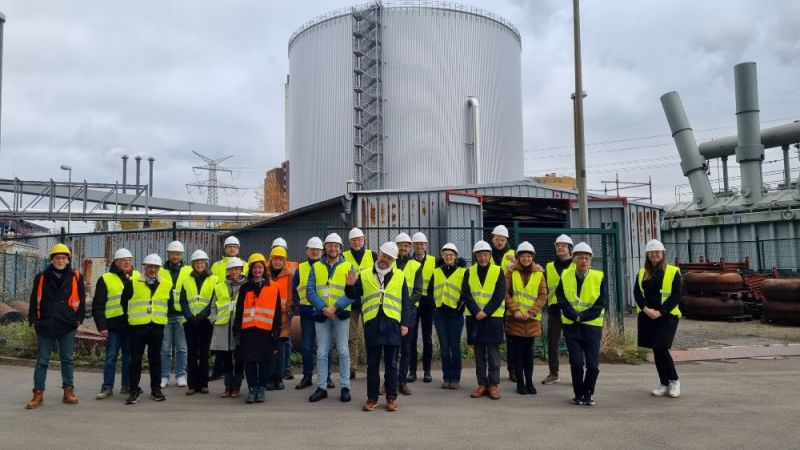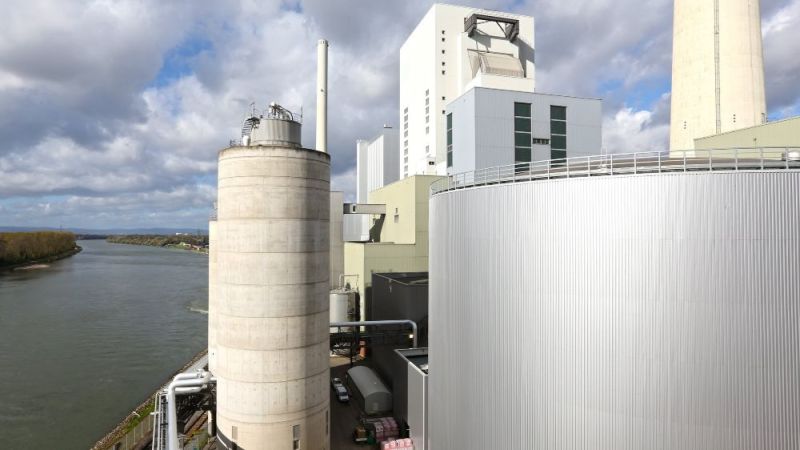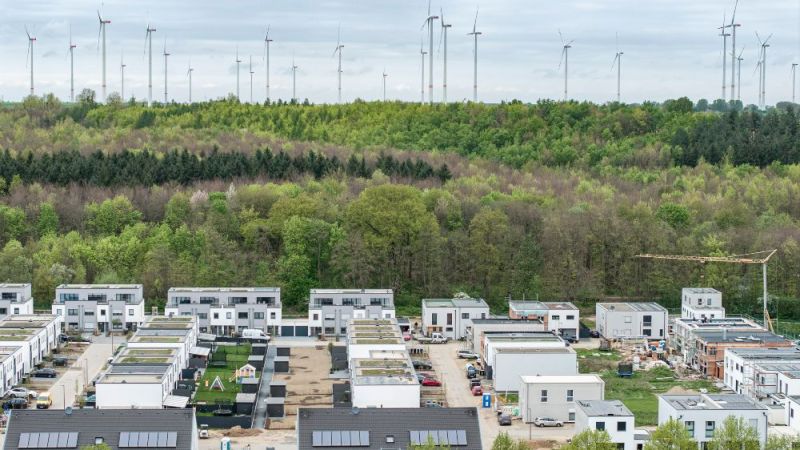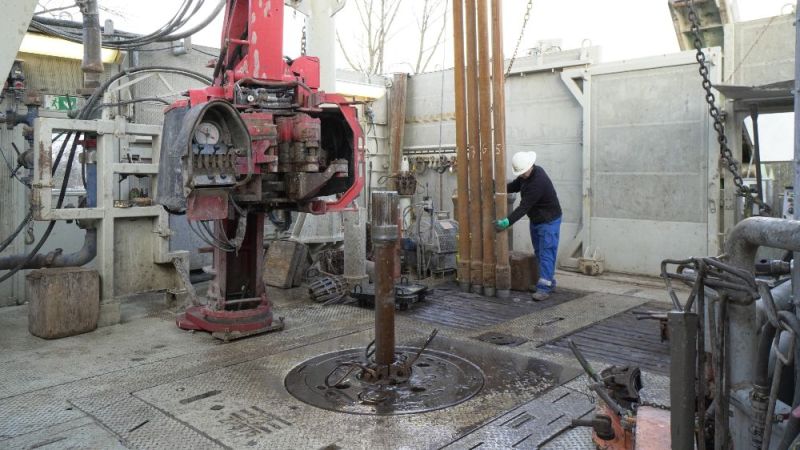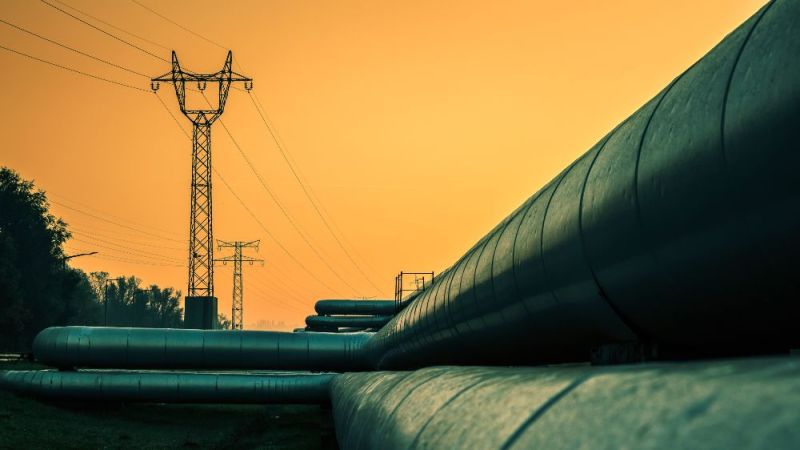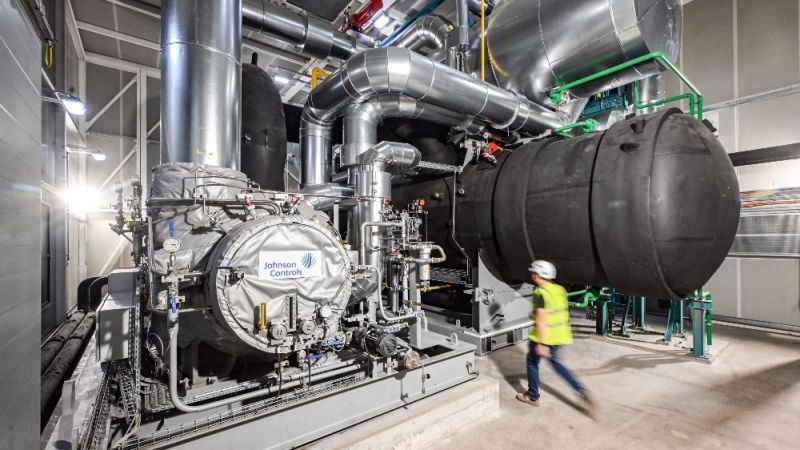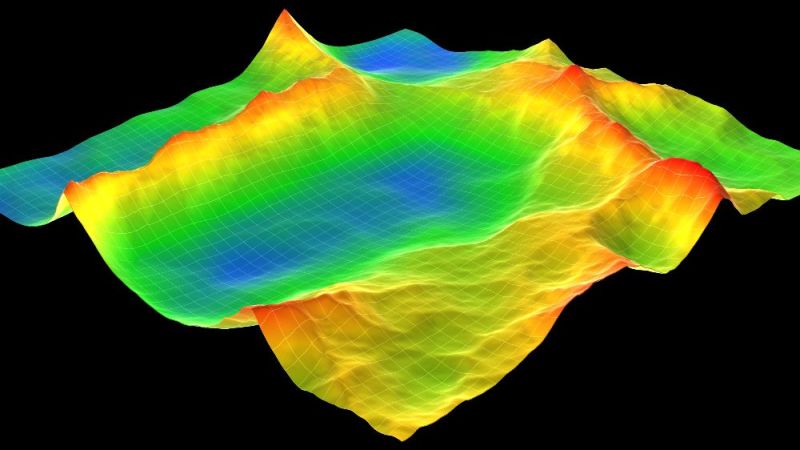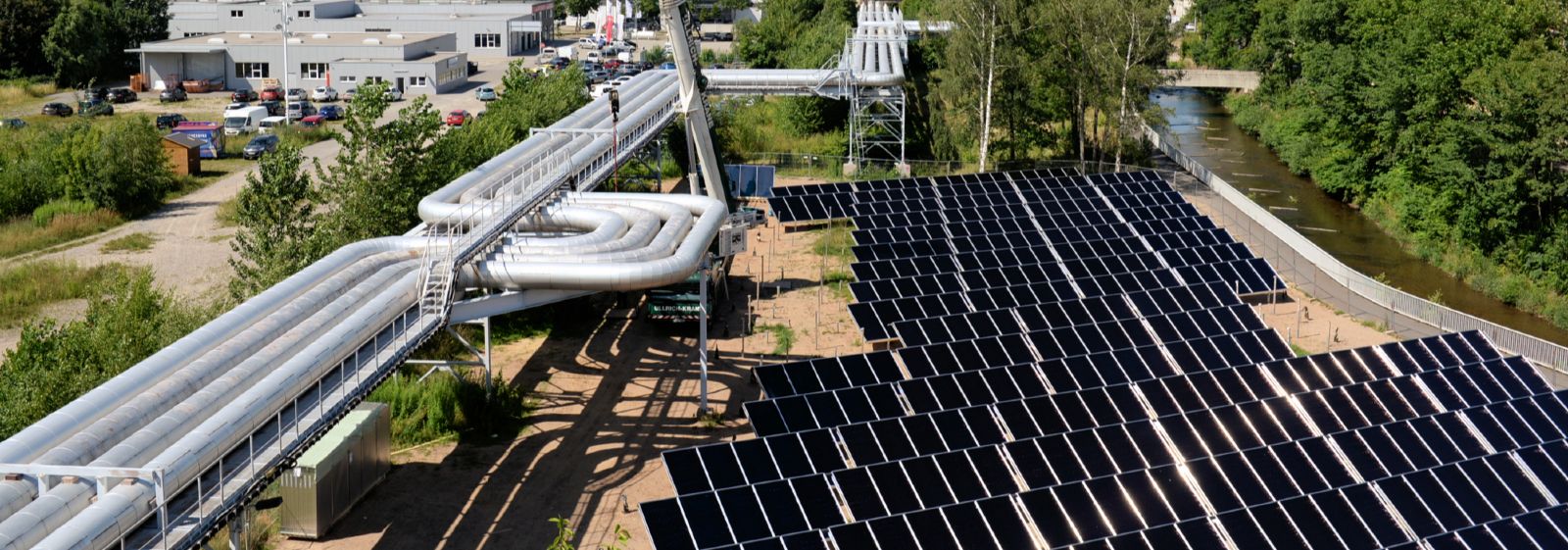
Simulation of network hydraulics
Feeding renewable energy optimally into district heating networks
In this project, researchers want to find out how an increasing number of decentralised heat generators affect the network hydraulics and thermal cycling of existing district heating networks, and whether heat storage systems need to be retrofitted. Software modules are being developed on the basis of statistical and model-based methods. This will enable volatile heat sources to be taken more into consideration in network planning and operation.
The economic conditions for district heating have changed during the course of Germany's Energiewende – its energy transition. Experts predict that district heating will play a particularly important role in securing heat supply in urban areas. There are an increasing number of ideas for integrating decentralised heat sources into district heating networks. However, there are still currently very few tools for planning and evaluating volatile, decentralised components in district heating, for example from solar thermal energy and heat from CHP and power-to-heat systems.
The precursor project entitled “Decentralised feed into local and district heating systems with special consideration for solar thermal energy” (DEZENTRAL) has been used to develop basic principles that will now be linked in-depth with practical issues. The main focus is on the effects of integrating solar thermal energy and other volatile heat generators on the operational management and components of existing district heating systems. Corresponding prediction methods are not yet fully developed.
Using time- and location-resolved simulations of typical district heating networks, the researchers are investigating the actual situation and scenarios with increased shares of volatile decentralised heat sources in the respective networks. This is being done in collaboration with district heating companies, scientists and commercial software providers.
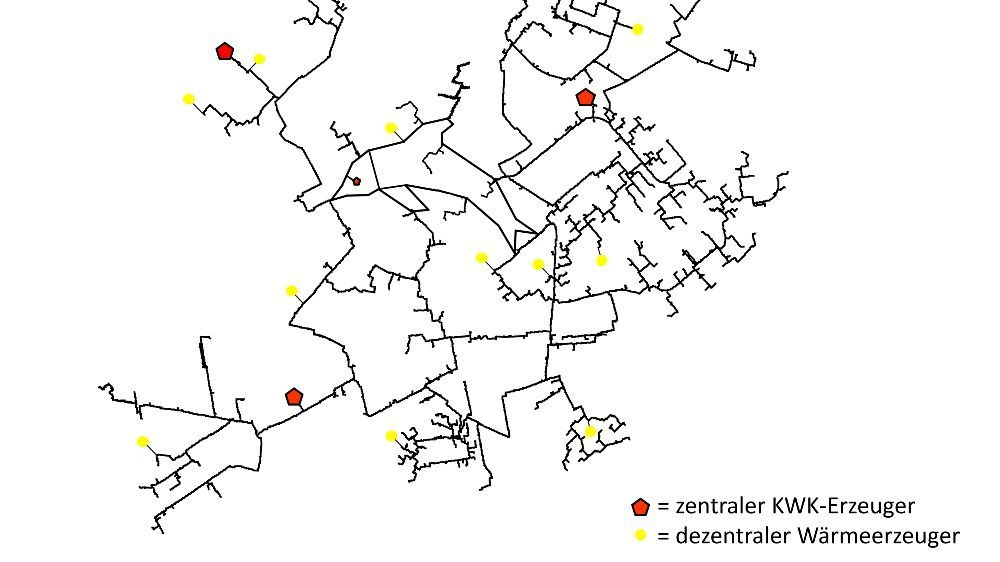
Research focus
The main objective of the DELFIN project is to develop tools that can predict in suitable simulation environments how the thermo- hydraulic conditions in district heating networks change through incorporating volatile, decentralised heat generators and provide information on this. Here it is intended to realistically reflect both the effects on the existing generation units and components – for example circulation pumps, pressure maintenance, pipe systems – as well as the effects of different storage locations.
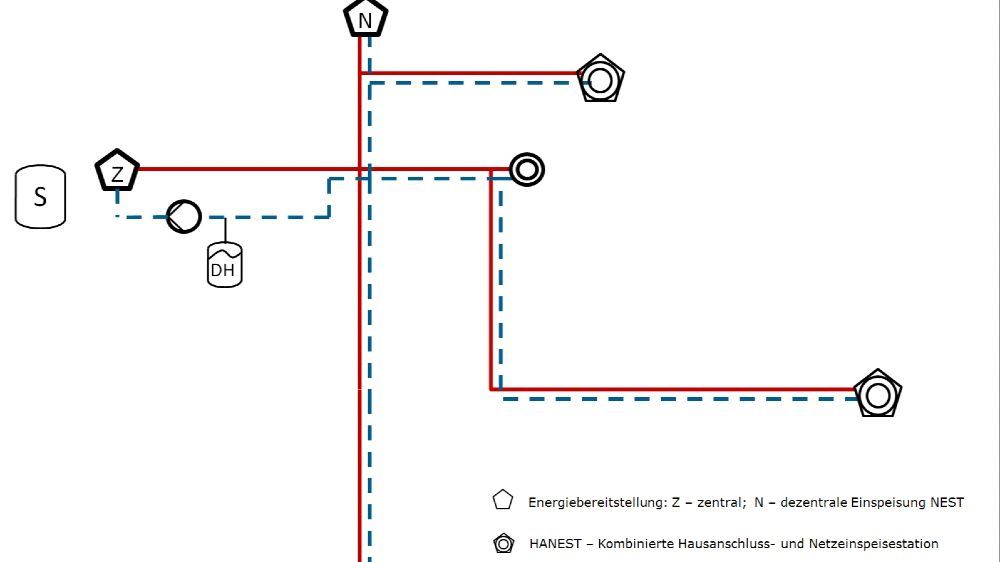
Central idea and approach
In order to achieve the research goal, volatile producers are being modelled and simulated as a first step. The resulting models and profiles will characterise the temporal variability of parameters that are important in practice. These include, for example, the mass flow and temperature of the heat fed into the district heating network. These new generation models and profiles will then be integrated into different simulation models for district heating networks. This will be used to assess the current and future impact of an increasingly decentralised heat production.
Based on actually existing district heating networks, the effect of increasingly decentralising heat generation will then be investigated for different climatic conditions. Through targeted simulation studies, this will allow to identify the (primary) energy efficiency effects and the technical boundary conditions and determine sensible storage integration solutions. The project is therefore also assessing the influence of decentralised heat generators on the system efficiency and also intends to provide information on how this influences the cost-effectiveness of the heating networks.
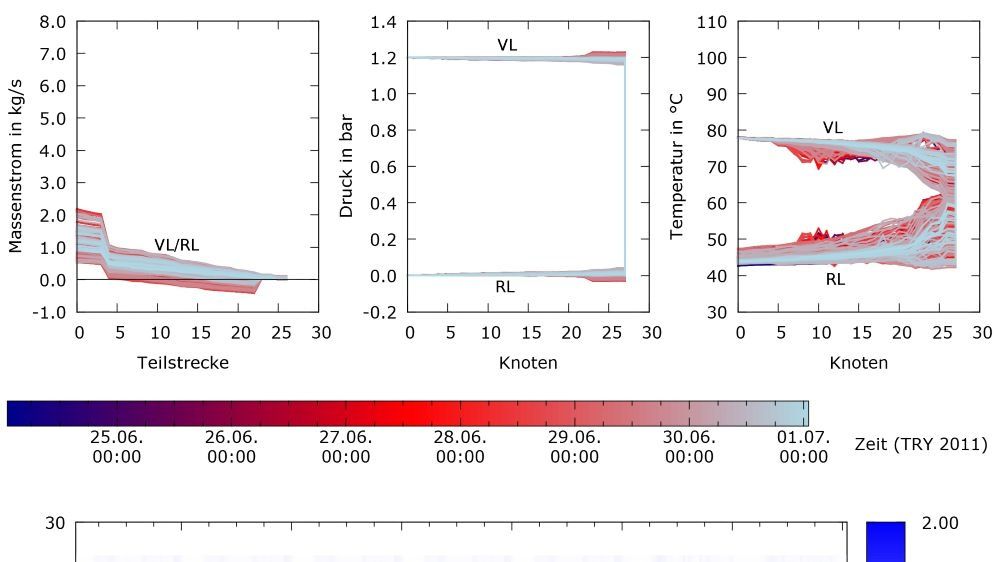
Testing and application
The simulation tools and models used for the actual situation have largely been tested in practice or tested with practical data. A supervising project committee representing energy supply companies is ensuring that the investigation of decentralised heat integration also integrates practical aspects into the project. The results of the research project can then be transferred and applied by heating network operators to their situation. Selected software components will be available free of charge.
27.10.2021
TU Dresden, Professur für Gebäudeenergietechnik und Wärmeversorgung
https://tu-dresden.de/ing/maschinenwesen/iet/gewv
ensys@mailbox.tu-dresden.de
Tel.: +49(0)351-463-32145
Solites - Steinbeis Forschungsinstitut für solare und zukunftsfähige thermische Energiesysteme
https://www.solites.de/
info@solites.de
Tel.: +49(0)711-673-2000-0


